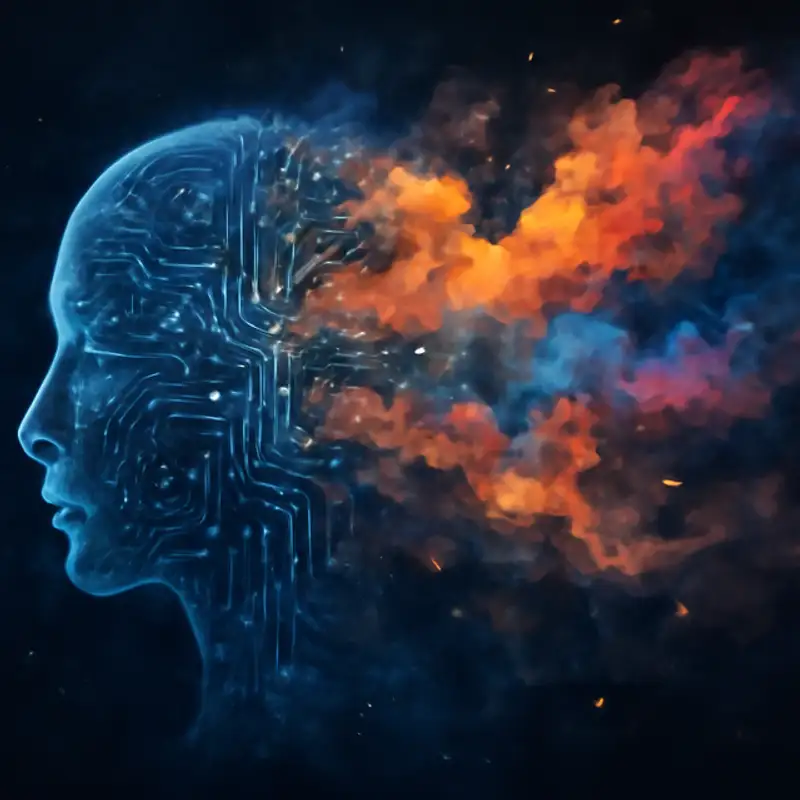 Episode
Episode
· 01:46
Welcome to today's episode where we dive into the evolving landscape of artificial intelligence, particularly focusing on a significant concern: A.I. hallucinations. Despite major advancements, new reasoning systems from companies like OpenAI and Google are producing incorrect information more frequently. As Michael Truell, CEO of Cursor, noted, “Unfortunately, this is an incorrect response from a front-line A.I. support bot,” highlighting a real-world instance of the issue.
New powerful A.I. systems are making strides in complex tasks but are hallucinating more often, with rates as high as 79%. They struggle to discern truth from falsehood, relying on mathematical probabilities rather than hard rules. Pratik Verma, from Okahu, emphasized the challenge: “Not dealing with these errors properly basically eliminates the value of A.I. systems.”
Research shows that A.I. systems are now generating more mistakes than before, particularly during complex problem-solving. “What the system says it is thinking is not necessarily what it is thinking,” explains Aryo Pradipta Gema from the University of Edinburgh.
Despite ongoing improvements, the hallucination problem persists, pressing developers to find solutions. Gaby Raila from OpenAI stated, “We’ll continue our research on hallucinations across all models to improve accuracy and reliability.” The road ahead remains uncertain, but understanding these challenges is essential as we navigate the future of A.I.
Link to Article
Listen to jawbreaker.io using one of many popular podcasting apps or directories.